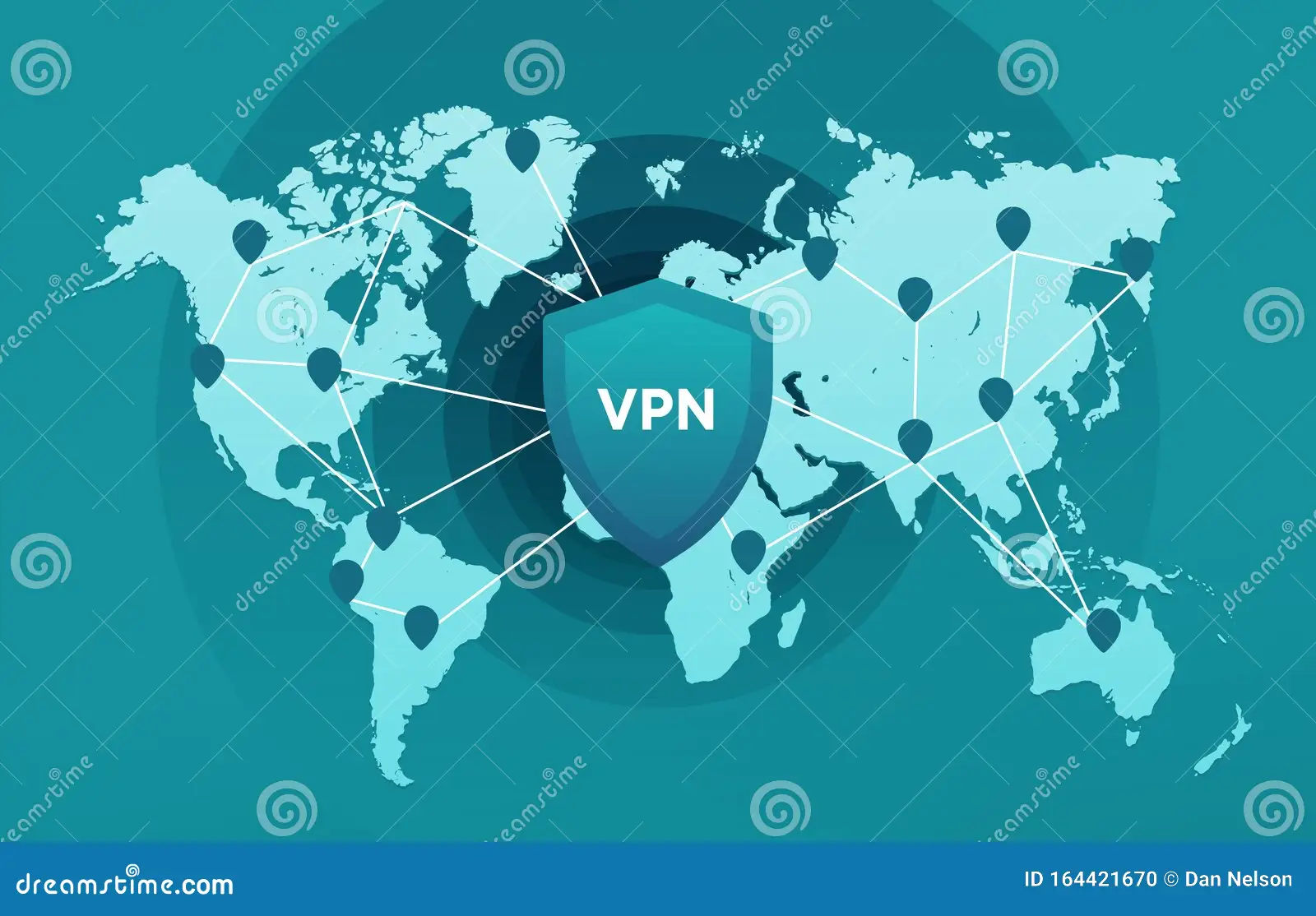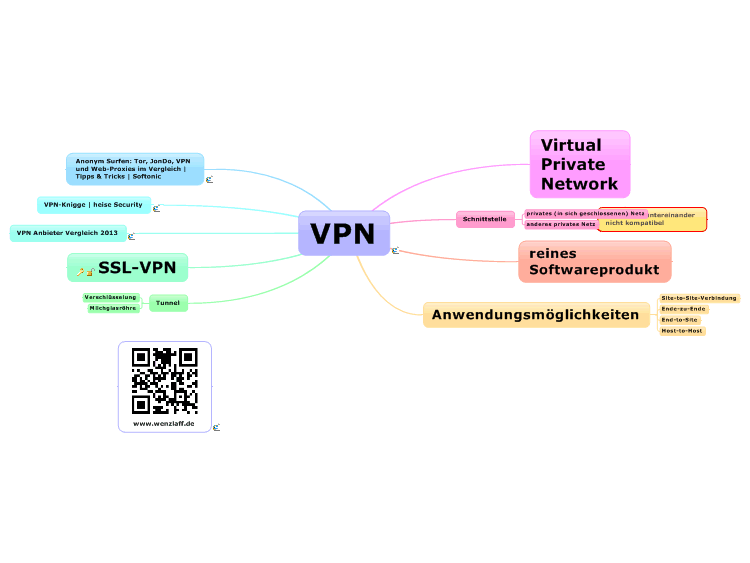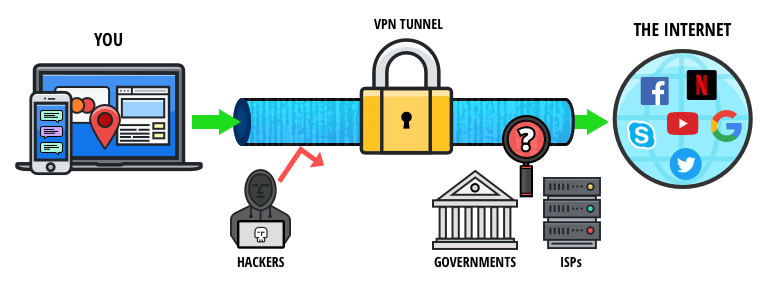What is a VPN and Should You Use One?
 Anish Agrawal
Anish Agrawal
In today's digital age, privacy and security are more critical than ever. Every time we connect to the internet, whether from home, at work, or on public Wi-Fi, we expose ourselves to various risks, from data breaches to surveillance. This is where VPNs (Virtual Private Networks) come into play. But what exactly is a VPN, and how can it benefit you? Let's dive deeper into understanding VPNs and why they’ve become an essential tool for online safety.
What is a VPN?

A VPN, or Virtual Private Network, is a service that creates a secure, encrypted connection between your device and the internet. Think of it as a private tunnel that protects your data as it travels across the web. By masking your IP address, a VPN ensures that your online activities remain anonymous, making it harder for websites, advertisers, or even hackers to track your behavior online.
When you connect to a VPN, your internet traffic is routed through one of the VPN's servers. This means that your real IP address is hidden, and you appear to be browsing from the location of the VPN server rather than your actual physical location. This is especially useful when trying to access content that might be regionally restricted or when you simply want to keep your online activities private.
Key Benefits of Using a VPN
Using a VPN offers numerous advantages, ranging from increased privacy to better access to global content. Here’s a closer look at some of the key benefits:
1. Privacy Protection
A VPN keeps your browsing activity private by masking your IP address and encrypting your data. This means that internet service providers (ISPs), advertisers, and other third parties cannot easily track your online activities. It’s especially important when using public Wi-Fi, such as in coffee shops or airports, where your data could otherwise be exposed to snoopers.
2. Enhanced Security
Security is one of the main reasons people turn to VPNs. A VPN encrypts all the data you send and receive, making it virtually impossible for hackers to intercept your information. This can include sensitive details like passwords, banking information, and other personal data. For remote workers, VPNs are often essential for securely accessing company files and systems from outside the office.
3. Access to Restricted Content
Have you ever tried to watch a TV show or movie online, only to be told that the content is not available in your country? A VPN can help you bypass geo-blocks, allowing you to access websites, streaming services, or other online content that might be restricted in certain regions. This is particularly popular among streaming enthusiasts who want to access libraries from platforms like Netflix, Disney+, or BBC iPlayer that are only available in specific countries.
4. Remote Work
VPNs are not just for individuals; they are also vital for businesses. A Remote Access VPN allows employees to connect securely to their company’s internal network while working from home or traveling. This ensures that sensitive company data is protected, no matter where the employee is located. For larger organizations, Site-to-Site VPNs can connect multiple offices, ensuring secure data transfer between different locations.
Types of VPNs
VPNs come in a few different forms, each suited to particular needs:
Remote Access VPN: This type is most common among individual users. It allows a user to connect to a private network securely over the internet. It’s ideal for those who want to secure their internet connection while working remotely or using public Wi-Fi.
Site-to-Site VPN: This type is typically used by businesses that have multiple office locations. It connects entire networks, rather than individual devices, to each other securely. For instance, a business might use a site-to-site VPN to connect their New York and London offices to share files and data safely.
How to Choose the Right VPN for You

With so many VPN options available, it can be challenging to know which one is the best fit for your needs. Here are a few important factors to consider when choosing a VPN:
1. Privacy Policy
When using a VPN, you're trusting the service with your data. Look for a VPN that has a strict no-logs policy, meaning they don't store any records of your online activity. This ensures that even if the VPN is compelled to share information with authorities, there won’t be much to disclose.
2. Speed
VPNs can sometimes slow down your internet connection due to the encryption process and the distance to the VPN server. If you plan to stream videos, play games, or download large files, opt for a VPN known for its speed. Many premium VPNs provide high-speed servers optimized for streaming and torrenting.
3. Server Locations
The number and location of VPN servers can make a big difference. A VPN with a wide range of server locations gives you better access to content across different regions. It also ensures a stable connection since you can choose a server that is geographically closer to your location for better performance.
4. Compatibility
Ensure that the VPN supports all the devices you plan to use it on, such as Windows, macOS, Android, iOS, or even routers. Most reputable VPN services offer apps for multiple platforms, making it easy to protect all your devices with a single subscription.
5. Price
There are free VPNs available, but they often come with limitations like slower speeds, fewer server locations, or data caps. Premium VPNs typically offer better performance, more features, and better customer support. If privacy is a top concern for you, investing in a trusted paid VPN service is usually worth it.
Popular VPN Services to Consider
If you’re looking to get started with a VPN, here are a few reputable services that are known for their security and reliability:
NordVPN: Known for its fast speeds and strong encryption, NordVPN offers a large number of servers worldwide and advanced features like double VPN for added security.
ExpressVPN: A user-friendly option with servers in over 90 countries, making it ideal for accessing region-locked content. It’s also known for having excellent customer support.
Surfshark: A budget-friendly VPN that allows unlimited device connections and offers many of the same features as the top premium services.
ProtonVPN: Developed by the same team behind ProtonMail, it offers a focus on privacy and security, with a free plan that includes unlimited data.
Conclusion: Is a VPN Worth It?
Absolutely! A VPN is a powerful tool for anyone who values their privacy, security, and the freedom to access content from anywhere in the world. Whether you’re working remotely, browsing at a café, or simply streaming your favorite shows, a VPN helps you do so with peace of mind.
Choosing the right VPN might take some research, but once you find a service that fits your needs, you’ll wonder how you ever browsed the internet without one. Stay safe, stay private, and explore the internet without borders!
Feel free to adjust this as needed or add your own touch. Would you like to include any specific examples or personal insights in this blog post?
Subscribe to my newsletter
Read articles from Anish Agrawal directly inside your inbox. Subscribe to the newsletter, and don't miss out.
Written by
